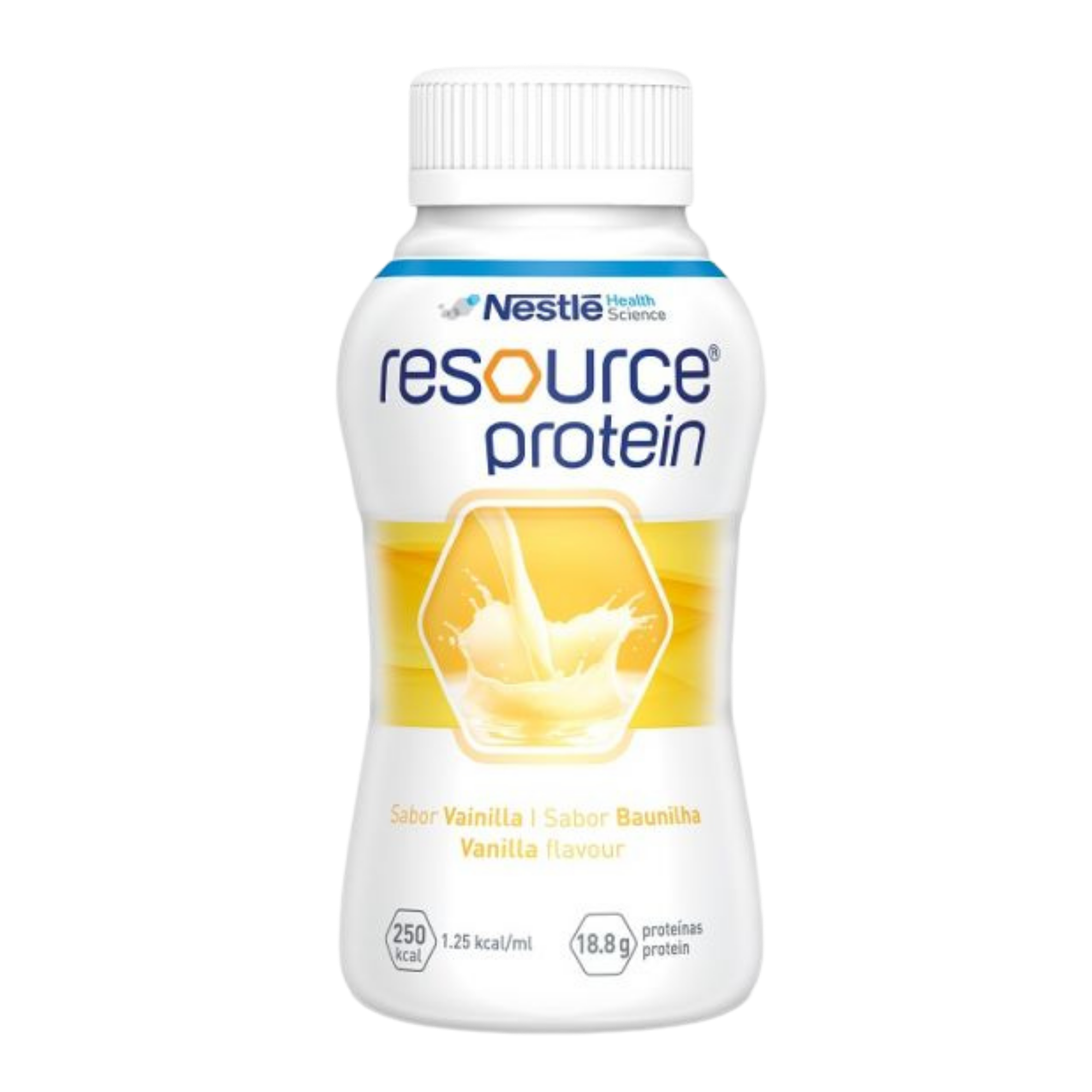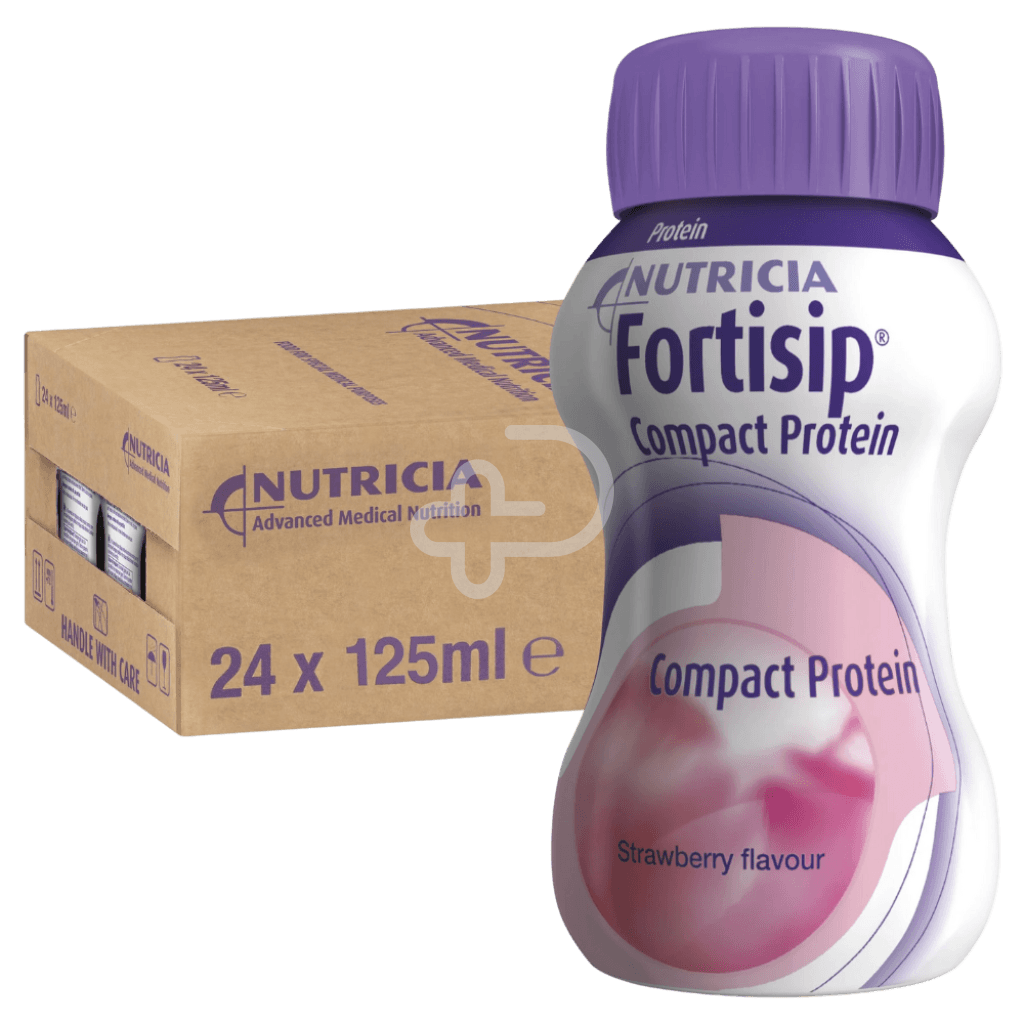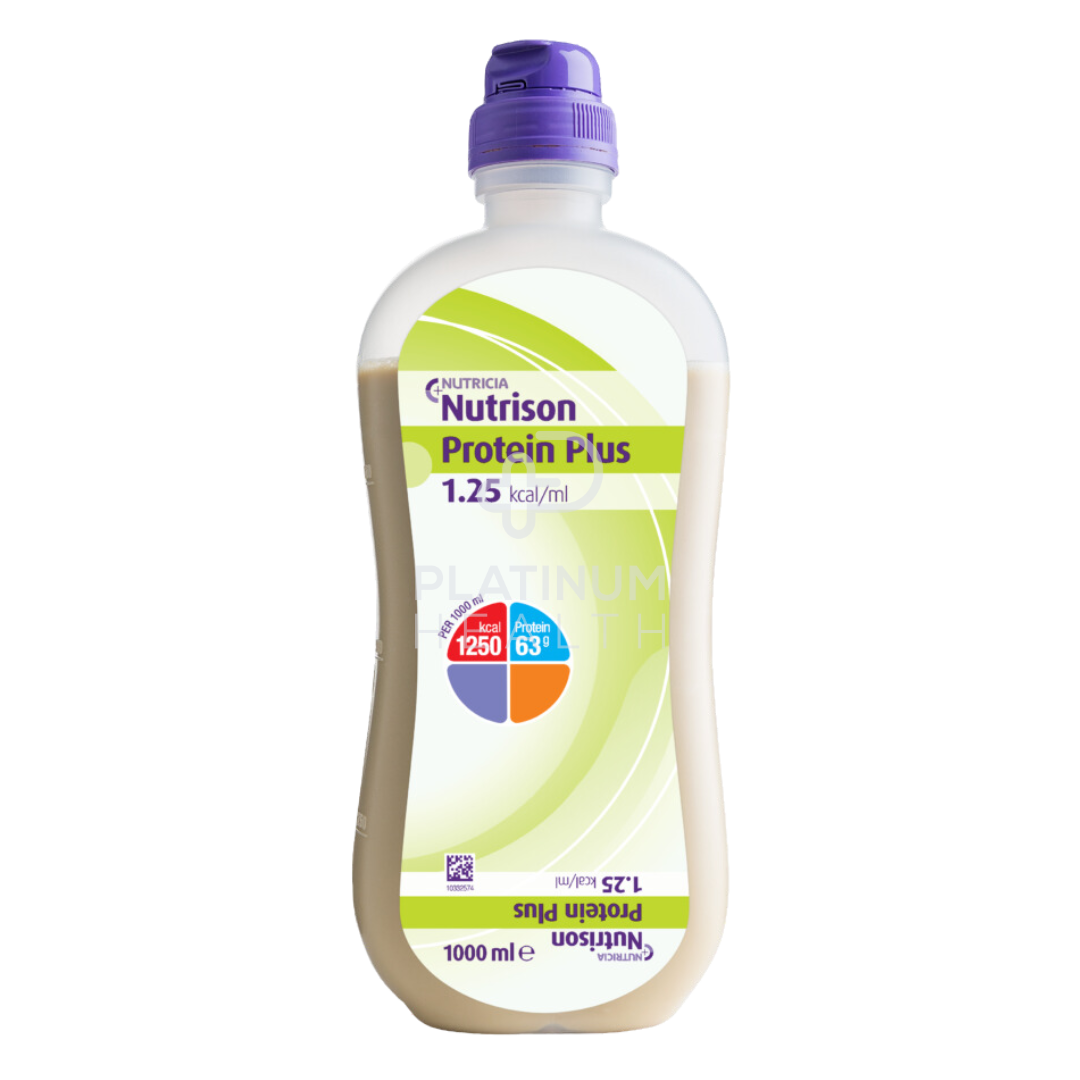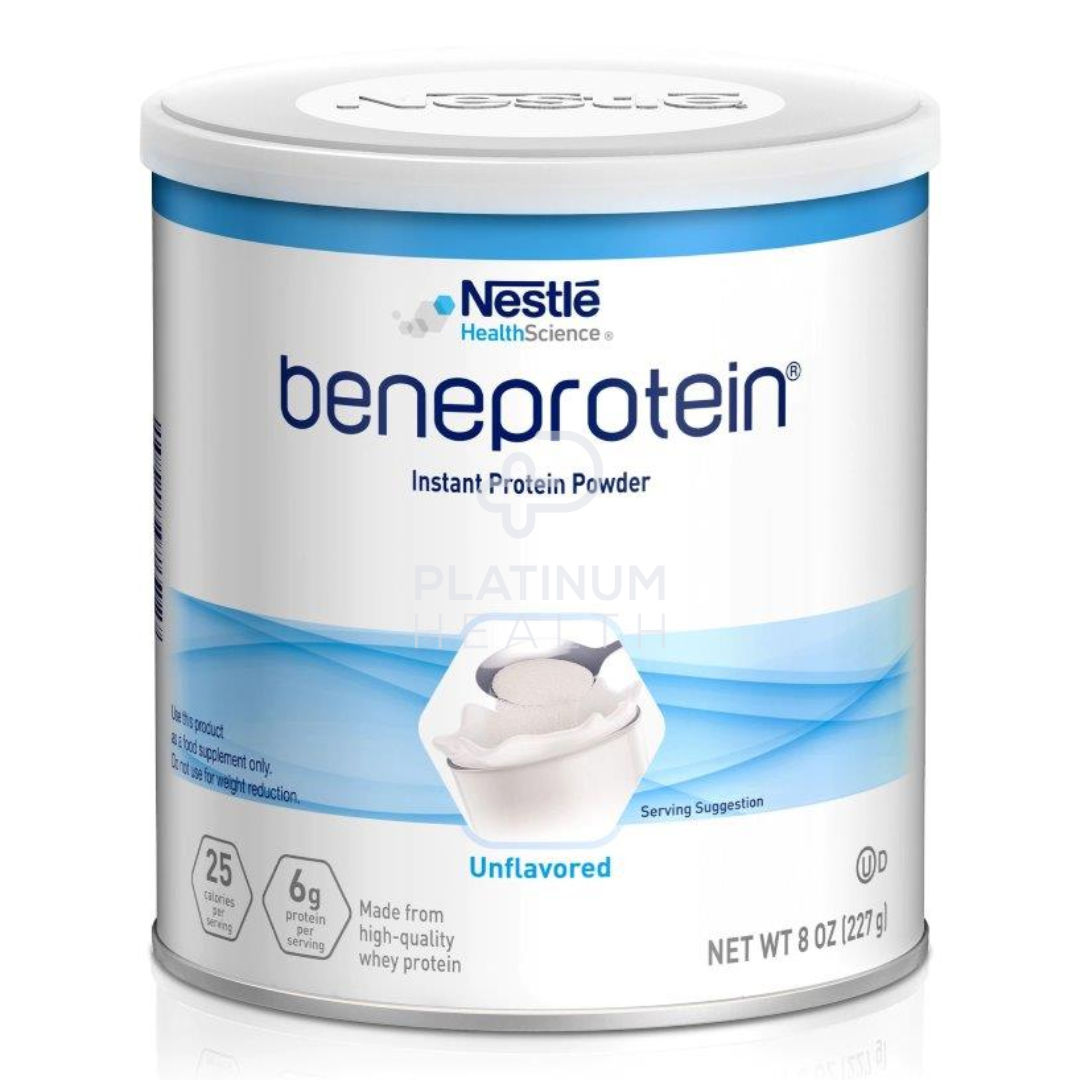Why Protein Matters for Seniors: Preventing Muscle Loss and Frailty

Remember when your dad could lift a sack of spuds like it was nothing? Now, just getting the milk out of the fridge feels like a workout.
This isn’t just “part of getting old” – it’s your muscles quietly disappearing on you. And if we don’t do something about it, things like walking the grandkids to the park or even getting up from your favourite chair could become a real struggle.
The good news?
There’s a simple solution sitting in your fridge (and no, it’s not another vitamin pill).
What Actually Happens to Muscle as We Age? (And Why Protein’s a Big Deal)
Let’s be honest – ageing sucks sometimes. One day you’re kicking footies with the kids, the next you’re groaning like a rusty gate when you bend over to tie your shoes.
Here’s what’s actually going on:
1. Your Muscles Are Shrinking (Even If You’re Still Active)
Yep, even the fittest folks start to lose muscle mass once they hit their 30s. This sneaky condition is called sarcopenia, and it doesn’t care if you used to run marathons or were a champion lawn bowler.
According to research published in the journal Current Opinion in Clinical Nutrition and Metabolic Care, adults can lose up to 8% of their muscle mass each decade after 40—and that rate climbs even higher after 70.
Why it matters: Less muscle means less strength, which means that everyday things—like climbing stairs, carrying shopping bags, or getting off the loo—get harder.
2. You’re Weaker Than You Look
Just because your biceps still look decent doesn’t mean they’re still packing the same punch. Enter dynapenia—the fancy word for losing muscle strength, even when you haven’t lost a tonne of mass.
According to research, your ability to lift, push, or pull declines faster than the size of your muscles. It’s like having a car that looks good on the outside but has no engine under the bonnet.
Why it matters: This makes everyday tasks harder, and ups your risk of falls or injuries—even if you look strong.
3. Fat’s Moving Into Your Muscles (Rude, Right?)
As we age, fat can start to sneak into places it doesn’t belong—like your muscles. This is called myosteatosis (try saying that five times fast).
According to a study in iScience, fat infiltration in muscle affects balance, increases frailty, and makes walking feel more like wading through wet cement.
Why it matters: Even if you’re active, your muscles might not be working at full capacity thanks to this uninvited guest.
4. You Don’t Bounce Back Like You Used To
Remember when you used to bounce back from a twisted ankle in a week? Now it feels like a six-month drama. That’s because our muscle repair systems start slowing down.
According to the National Library of Medicine, ageing reduces the number and activity of muscle stem cells, which are responsible for repairing and rebuilding muscle after injury.
Why it matters: When muscles don’t recover quickly, they shrink faster—and that makes keeping strength even harder.
Bottom line? Your muscles are changing whether you like it or not—but that doesn’t mean you can’t do something about it. Keeping up your protein intake, staying active, and knowing what’s going on under the hood helps you stay independent, mobile, and feeling like yourself.
Protein: The Secret Weapon Against Frailty
Let’s bust a myth straight off the bat—protein isn’t just for bodybuilders and gym buffs.
For older adults, it’s more like a daily essential than a dietary bonus. Why? Because as we age, our bodies naturally start to lose muscle mass. And we’re not just talking about biceps—we mean the kind of muscle that keeps you standing, walking, lifting, and living independently.
According to a study published in Aging and Disease, seniors can lose up to 1% of muscle mass every year after the age of 50. That may not sound like much, but over time, it adds up—and not in a good way.
Here’s how protein swoops in like a superhero:
1. It Helps Maintain Muscle Strength (a.k.a. Staying Upright)
Your muscles need protein to stay strong and functional. Without enough of it, everyday tasks—like getting out of a chair, carrying groceries, or steadying yourself—become harder. According to the National Institutes of Health, adequate protein intake is strongly associated with better mobility and a lower risk of disability in older adults.
2. It Reduces the Risk of Falls (and the Hospital Bills That Follow)
Falls are one of the biggest causes of injury in seniors—and weak muscles are a major culprit. A protein-rich diet helps preserve balance and coordination, which means fewer wobbles, less risk of falls, and more confidence navigating the world.
3. It Supports Bone Health, Too
Protein doesn’t just work on muscles—it plays a big role in keeping your bones sturdy as well. Higher protein intake can help maintain bone mass and may reduce fracture risk, especially when paired with calcium and vitamin D.
4. It Speeds Up Recovery After Illness or Surgery
Ever notice how it takes longer to bounce back after a cold or injury as you age? That’s where protein becomes your post-illness recovery buddy. It helps repair tissues, heal wounds, and rebuild lost strength—so you can get back on your feet faster.
5. It Keeps You Feeling Fuller for Longer
Protein is also a smart pick for seniors with smaller appetites. Unlike carb-heavy meals that spike your blood sugar and leave you hungry again, protein helps you feel satisfied—without overloading your plate.
How Much Protein Do Seniors Really Need?
You’ve heard the why—now let’s talk about the how much. Spoiler alert: it’s probably more than you think.
Most adults are told to aim for around 0.8 grams of protein per kilogram of body weight, but according to the European Society for Clinical Nutrition and Metabolism (ESPEN), older adults may need closer to 1.0 to 1.2 grams per kilogram to help maintain muscle mass and strength. If someone is frail, recovering from surgery, or dealing with illness, the recommended amount goes even higher—up to 1.5 grams per kilogram!
Let’s break it down with a quick example:
If a senior weighs 70kg, they should aim for at least 70–84g of protein per day (more, if they're recovering from something). That’s roughly equivalent to:
2 eggs (12g)
1 chicken breast (30g)
A tub of yoghurt (10g)
A handful of almonds (6g)
A protein supplement drink (up to 20g!)
But here’s the catch: many older adults don’t feel hungry or struggle with chewing and digestion. That’s where easy-to-consume protein sources—like nutritional supplement drinks—come in handy (we’ll dive into that next!).
Smart Protein Picks to Help Seniors Stay Strong
When chewing’s a chore or appetite’s playing hide and seek, getting enough protein can feel like climbing a mountain in thongs. That’s where protein supplements come in. They’re quick, convenient, and most importantly, effective. Here are a few of our favourites to help keep muscle loss and frailty at bay:
1. Nestlé Resource Protein

Shop Nestlé Resource Protein Here
This tasty little bottle packs a punch—12.5g of high-quality protein and 250 calories in a compact 200ml serve. It’s perfect for in-between meals or as a recovery snack. Bonus? It’s gluten-free, low-lactose, and ready to drink. Just chill and sip. Too easy.
Best for: Seniors needing extra protein and energy with minimal fuss.
2. Fortisip Compact Protein

Shop Fortisip Compact Protein Here
Short on appetite but still need the good stuff? Fortisip Compact Protein delivers 18g of protein and 300 calories in just 125ml. That’s power-packed hydration, especially for older adults with high needs and low appetite.
Best for: Post-surgery recovery, frailty, or anyone who needs more nutrition in less volume.
3. Nutrison Protein Plus

Shop Nutrison Protein Plus Here
For tube-fed individuals or those with higher protein demands, Nutrison Protein Plus is a go-to. It delivers a balanced blend of protein, energy, and nutrients through enteral feeding systems.
Best for: Clinical use or home tube-feeding where advanced nutritional support is needed.
4. Nestlé Beneprotein

Want to sneak protein into soups, smoothies, mashed potatoes or even coffee? This neutral-flavoured powder dissolves easily and delivers 6g of protein per scoop without altering taste or texture.
Best for: Everyday meals where a subtle protein boost is needed—without fuss or flavour change.
No matter the appetite or ability, there’s a protein option to suit. Whether it’s a ready-to-drink bottle or a sneaky scoop in dinner, these products make upping protein intake simple and stress-free.
Ready to power up your plate (or cup)? Browse our full range of nutritional supplements at Platinum Health Supply today.
Pop Into Our Epping Store for Personalised Protein Picks
Want to see these protein products in person? Need help figuring out which one will suit your loved one’s taste buds and health needs? Swing by our Epping showroom—we’d love to help!
At Platinum Health Supply, we don’t just stock shelves—we offer real support from people who understand aged care. Whether you're after high-protein supplement drinks, easy-to-mix powders, or just a little reassurance that you're making the right choice, our friendly team is here for it all.
📍 Visit us at Unit 2/51 Trafalgar Rd, Epping VIC 3076
✅ See before you buy
✅ Ask all your questions
✅ Get advice tailored to your care needs
Not local? No worries—we ship Australia-wide so you can still get trusted nutrition products delivered to your door. But if you're nearby, come in for a chat. Your next protein solution might just be a shelf away.
Take the Next Step Towards Stronger, Healthier Ageing
Protein isn’t just a buzzword—it’s a game-changer in senior care. Whether you’re a caregiver, aged care provider, or simply looking out for Mum or Dad, supporting daily protein intake can make a real difference in strength, mobility, and confidence.
The best part? It doesn’t have to be complicated. From tasty drinks to easy-to-mix powders, there’s a protein solution to suit every routine.
Ready to boost protein the easy way?
Explore our full range of high-protein supplements online or visit us in-store at our Epping showroom. Our team is here to help you find what works best—because better health starts with smarter choices.
Let’s keep our seniors strong, supported, and thriving—one protein-packed sip at a time.
